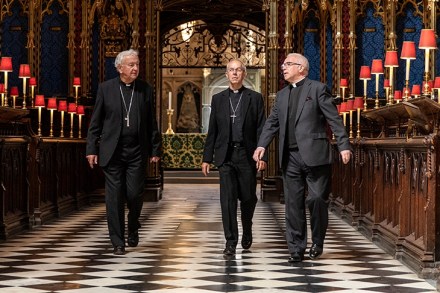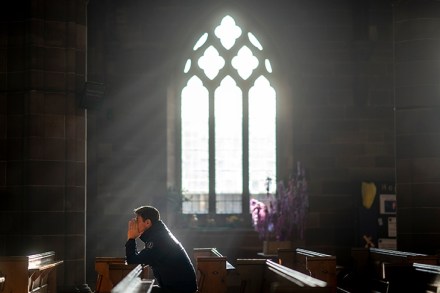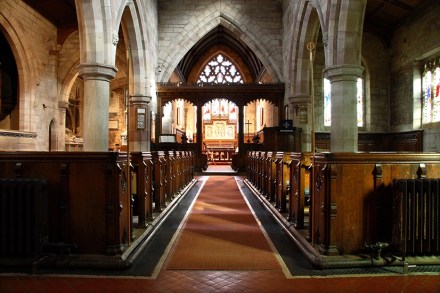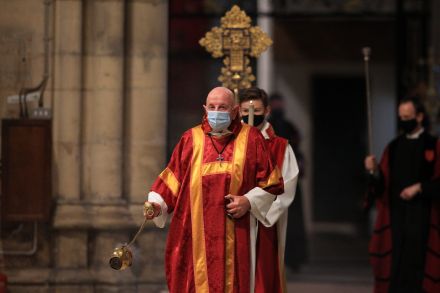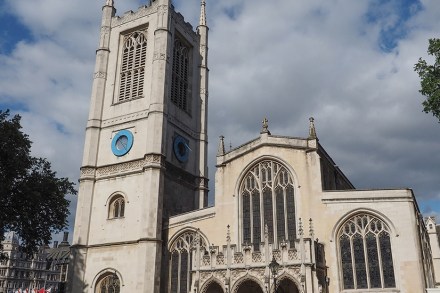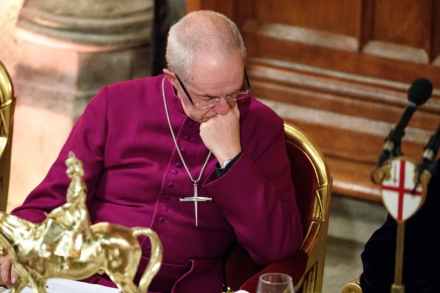Letters: Immunity passports are nothing new
Too many bishops Sir: As a former Anglican clergyman, I have been following your articles about the current state of the Church of England with interest and sadness. I note that the recent article by the Archbishops of Canterbury and York is strong on modish phrases, such as a ‘mixed ecology church’, but it ignores two of the large elephants in the room (‘A Christian vision’, 13 February). The number of bishops over the past century has more or less doubled, in spite of the diminishing number of worshippers and parish clergy. Likewise, while archdeacons used commonly to run their own parishes in addition to their archdiaconal duties, they are


